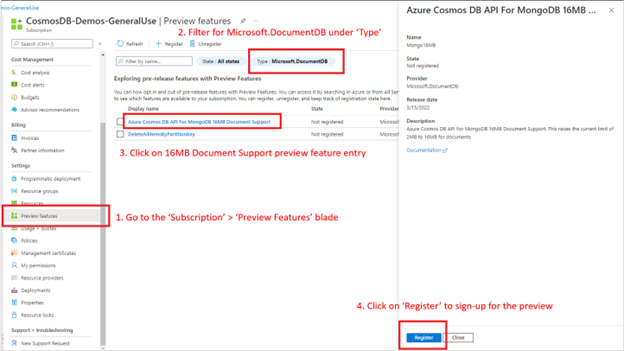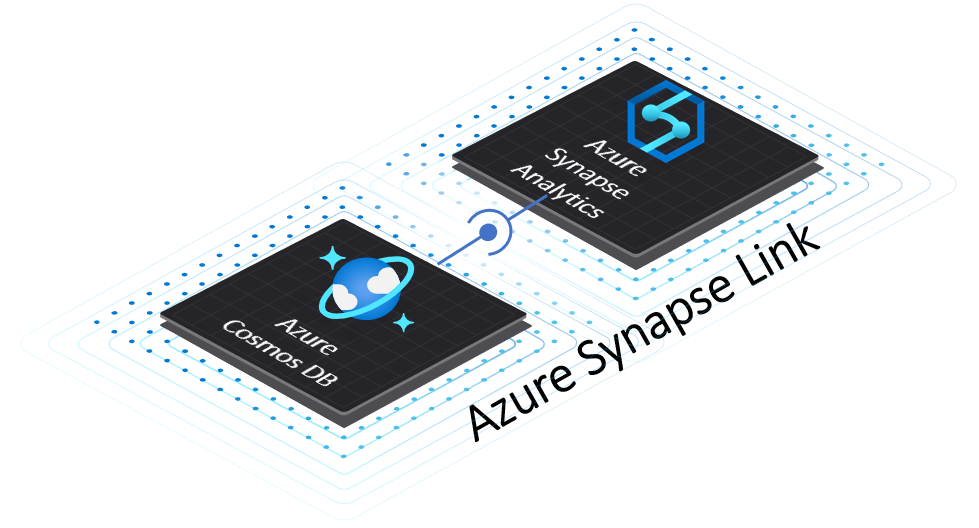


Azure Cosmos DB Live TV Episode 43 – Data Modeling for the Relational Mind

Join Us! Azure Cosmos DB at Microsoft Build 2022

Azure Cosmos DB Cassandra API: A true differentiator with Autoscale

Larger document sizes and $expr support in Azure Cosmos DB API for MongoDB

Register now for Azure Cosmos DB Conf on April 19 – 20

Simplified CDC with Azure Cosmos DB Cassandra API

Azure Synapse Link: Announcing support for existing Azure Cosmos DB containers and seamless Power BI integration


 Light
Light Dark
Dark